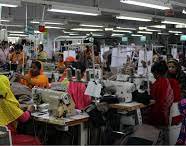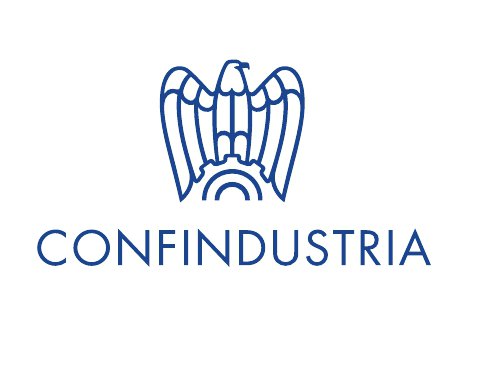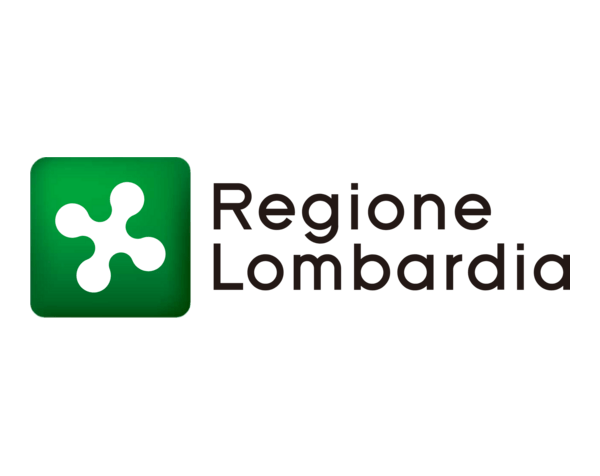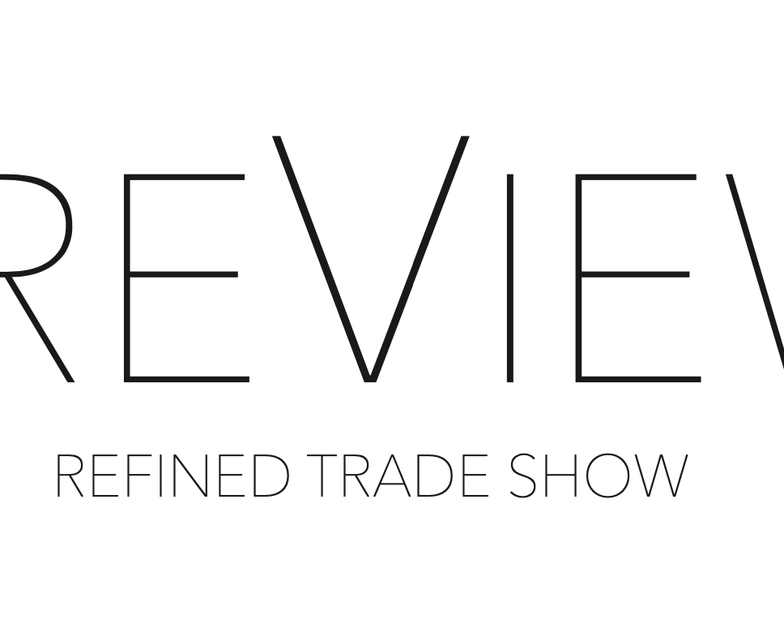New data and a new facility checker have been added to the fashion supply chain transparency tool. Fashion Checker is vital tool for journalists reporting on wages and conditions in the global garment and footwear industry, presenting up-to-date information on transparency in fashion brands supply chain.
The tool allows journalists to look at individual factories supplying major brands, with accessible data on wages paid in comparison to local living wage benchmarks, gender breakdown of workforce and prevalence of permanent contracts. The data, covers more than 267 companies and 226 factories and wage data. The new Facility Checker allows you to search garment prodcution factories and suppliers to find out which brands they source and shows you what data is available about workforce composition, average wages and living wage gaps.
Since the project started in 2019, 42 brands have signed and aligned with the Transparency Pledge, making the total 60 brands. The Transparency Pledge sets the minimum information that garment companies should disclose publicly about the factories they are producing in. However, some of the wealthiest and fastest-growing fast fashion brands are still unwilling to improve on supply chain transparency, including Inditex and Shein. This is highly problematic as supply chain transparency is a crucial first step towards more accountability.
Increasing numbers of brands have a living wage commitment and a living wage action plan. However, brands with some of the highest revenues and profits (H&M, Inditex, Nike, Adidas) seem unable to make the step towards payment of a living wage, despite public commitments (H&M, Inditex, partial: Nike, Adidas), having a methodology for isolating labour costs (H&M, Inditex) and continuous high profits and revenues during the pandemic.
Workers from PT Nikomas Gemilang in Indonesia (supplying Nike and Adidas) were interviewed at three different moments during this project: in 2022, 2019 and 2017. The data shows that the average wage that workers earn has remained more or less the same throughout these years (€274 in 2022, €277 in 2019 and €289 in 2017) but the estimate living wage for Indonesia has gone up: from €390 in 2017 to €503 in 2022. This means that the gap between what the surveyed workers are earning and the estimated living wage has increased. In 2017 the surveyed workers were earning 74% of a living wage. In 2022 only 49%.
In the midst of the inflation crisis in Turkey, with inflation rates as high as 80% at times, brands are failing to take meaningful action to increase wages. Brands with over 200 facilities in Turkey include: Arcadia Group, Boohoo, New Look, Asos, Mango, Esprit and Inditex.
Whilst more brands are meeting demands to sign the Transparency Pledge, isolate labour costs as part of an action plan and make a public commitment to paying living wages, it has not yet resulted in increased wages for most garment workers.



